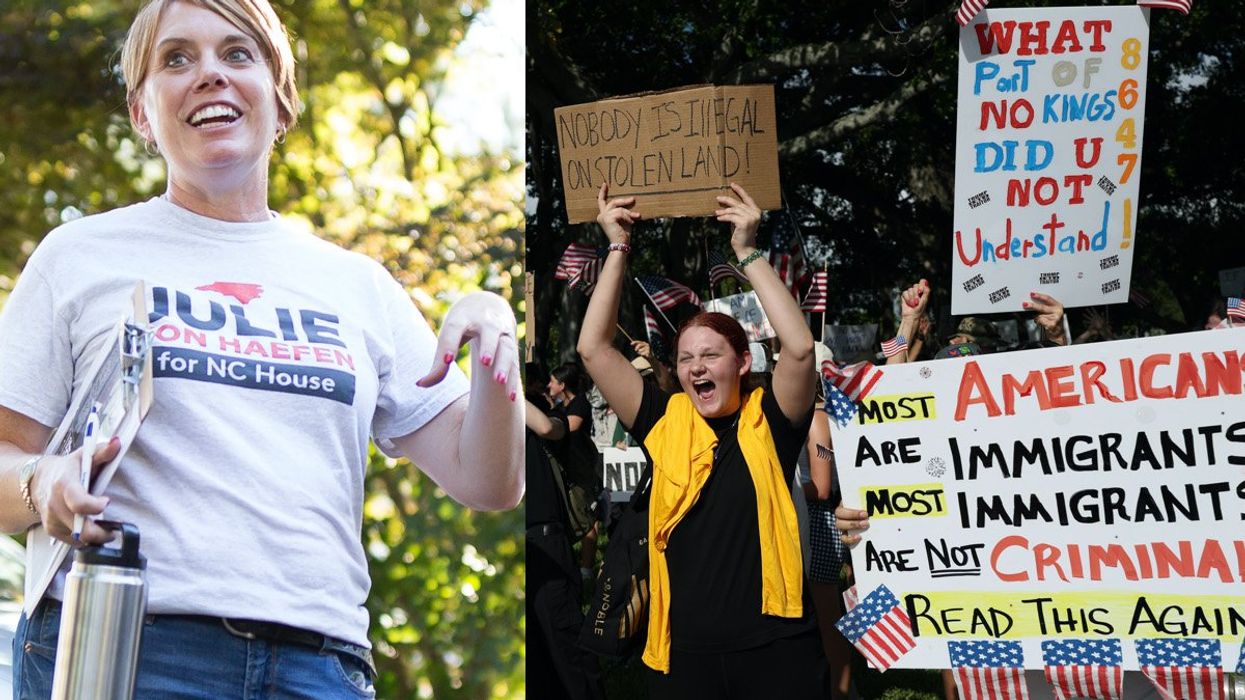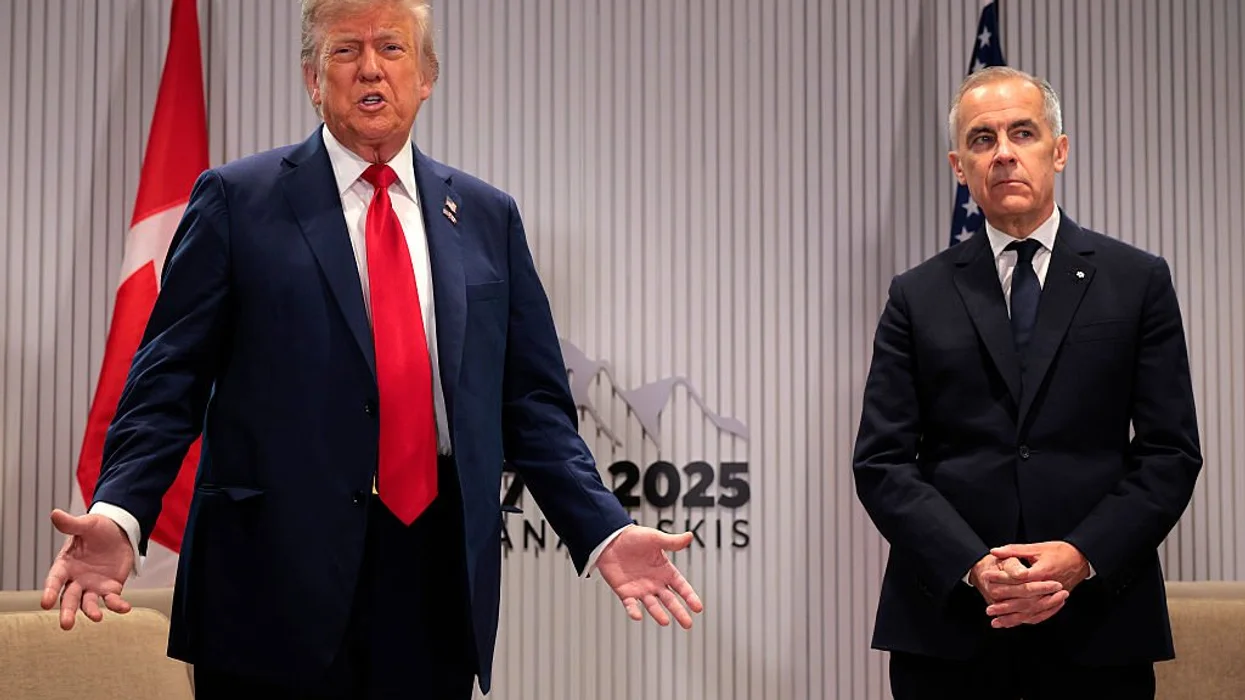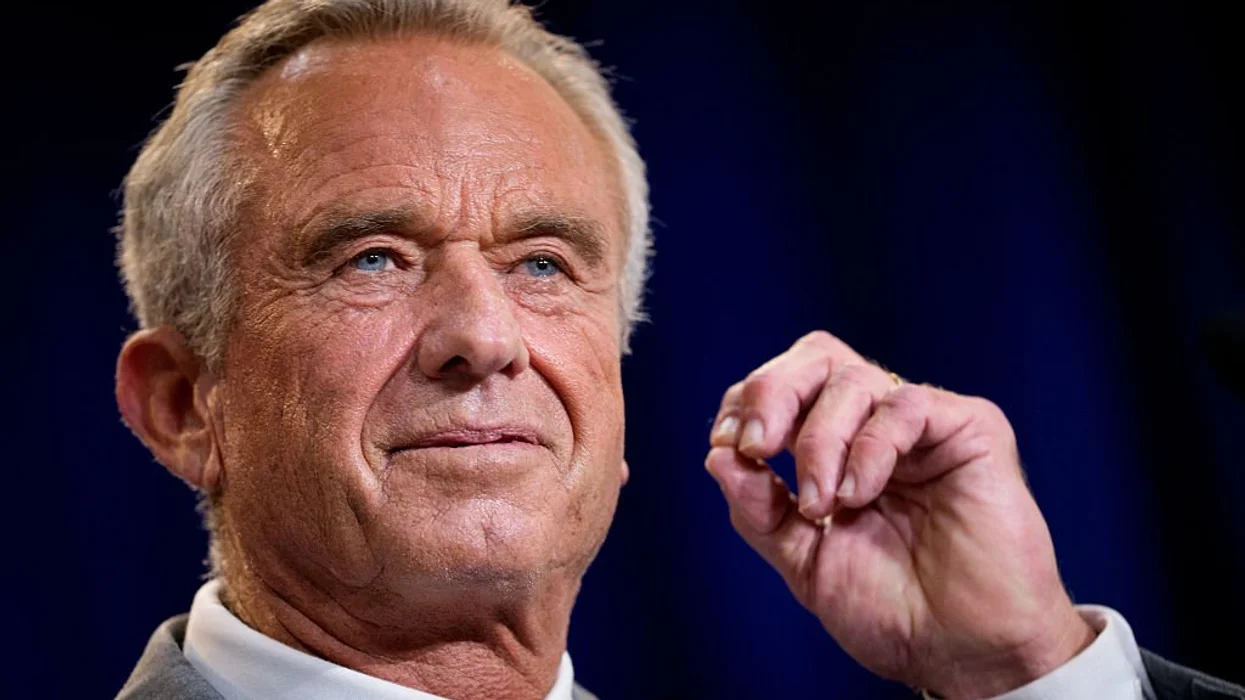A Department of Homeland Security official said Friday that her department is letting the Centers for Disease Control and Prevention call the shots on whether to ban people from entering the United States if they are traveling from West Africa.
Dr. Kathryn Brinsfield, acting assistant Homeland Security secretary for health affairs, was asked in a House field hearing in Dallas why a travel ban is not in place. Brinsfield indicated that DHS is ready to impose one if necessary, but for now is taking direction from CDC, which so far has opposed this move.
 Licensed clinicians practice drawing blood from a patient using a dummy in Anniston, Ala. The Centers for Disease Control and Prevention (CDC) has developed an introductory training course for licensed clinicians to deal with cases of Ebola. While many have demanded a travel ban on people from West Africa, officials are supporting the CDC's decision not to impose a ban. (AP Photo/Brynn Anderson)
Licensed clinicians practice drawing blood from a patient using a dummy in Anniston, Ala. The Centers for Disease Control and Prevention (CDC) has developed an introductory training course for licensed clinicians to deal with cases of Ebola. While many have demanded a travel ban on people from West Africa, officials are supporting the CDC's decision not to impose a ban. (AP Photo/Brynn Anderson)
"DHS is prepared to take any steps necessary, but want to make sure that we defer the public health expertise in this issue to CDC," she said.
Committee Chairman Michael McCaul (R-Texas) said many of his constituents continue to ask why the U.S. doesn't ban the entry of people coming from West Africa, just to play it safe. Dr. Toby Merlin, director of the CDC's Division of Preparedness and Emerging Infection, said the U.S. has a chance to stop the virus in West Africa, and said a travel ban would put that opportunity at risk.
"The disease outbreak in Liberia, Guinea and Sierra Leone is now at a point where we may be able to stop it, if we focus our efforts and our resources on stopping it," he said. "In order to stop it, we need uninhibited transit into and out of the country."
"Our opportunity now is to get the disease at its source," he added.
The CDC has said for the last several days that it opposes a travel ban because the best way to stop the virus worldwide is to allow an exchange of people between U.S. experts and West Africa. The CDC has said it is able to screen people properly and ensure that no one with symptoms of Ebola can make it into the U.S. and possibly spread it around.
"We remain confident that Ebola is not a significant public health threat to the United States," Merlin said.
Merlin was asked several times at Friday's hearing about how he can defend a travel ban, but repeated several times that it's critical to allow people to travel freely to and from West Africa to help stop the virus. He said a travel ban would complicate efforts to intervene with the disease, and make "doing what we need to do harder."
DHS's Brinsfield added that there are no direct flights from the three countries to the United States, indicating that a travel ban would likely involve a complicated series of steps to stop the U.S. entry of people traveling indirectly from West Africa.

 Licensed clinicians practice drawing blood from a patient using a dummy in Anniston, Ala. The Centers for Disease Control and Prevention (CDC) has developed an introductory training course for licensed clinicians to deal with cases of Ebola. While many have demanded a travel ban on people from West Africa, officials are supporting the CDC's decision not to impose a ban. (AP Photo/Brynn Anderson)
Licensed clinicians practice drawing blood from a patient using a dummy in Anniston, Ala. The Centers for Disease Control and Prevention (CDC) has developed an introductory training course for licensed clinicians to deal with cases of Ebola. While many have demanded a travel ban on people from West Africa, officials are supporting the CDC's decision not to impose a ban. (AP Photo/Brynn Anderson)





